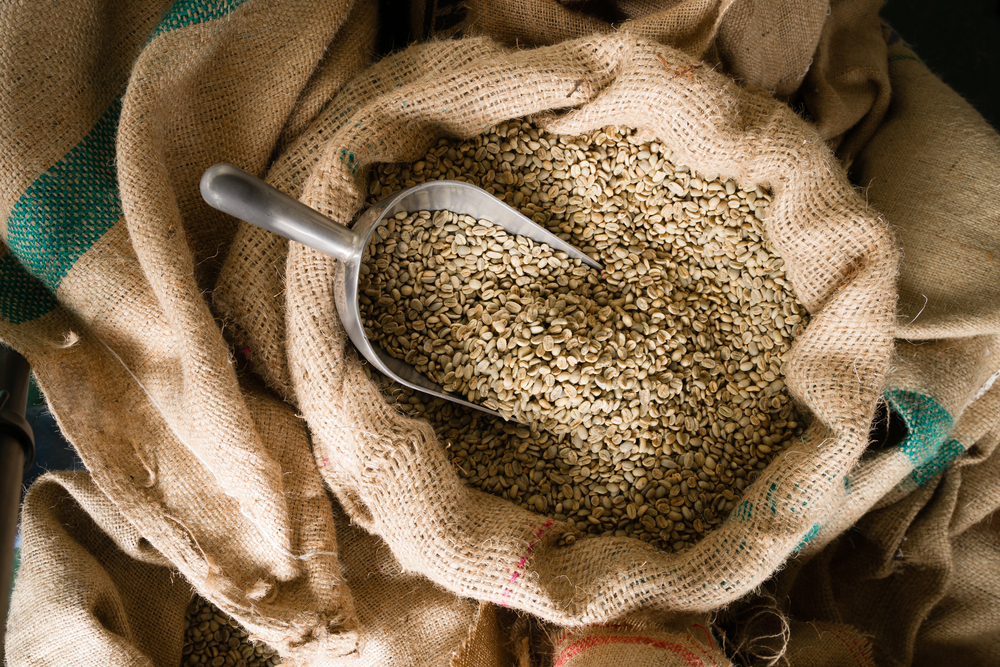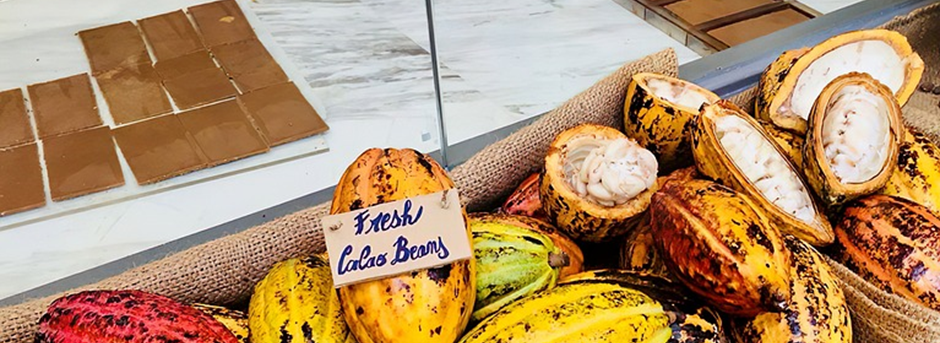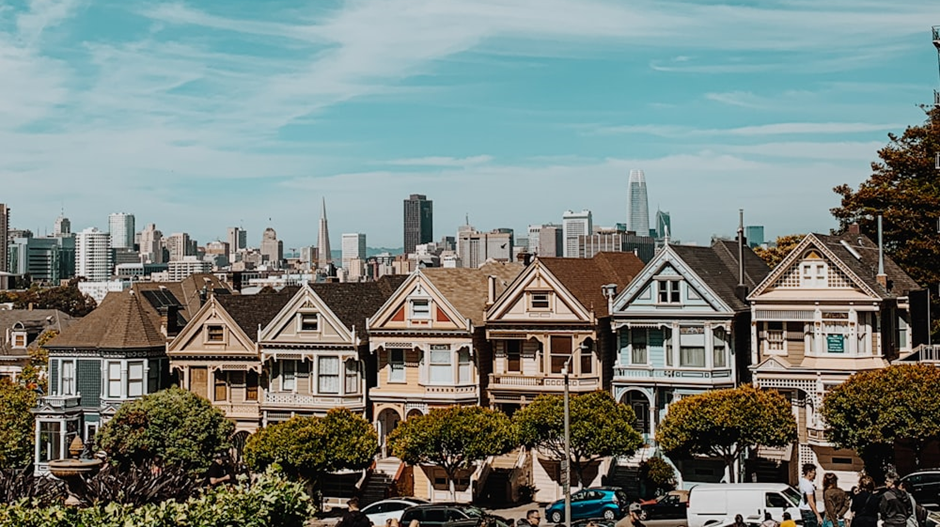In 2021, Ecuador exported the most cocoa, valued at $819.46 million, followed by Nigeria, the Netherlands, and Malaysia. Even though Ghana and the Ivory Coast produce two thirds of the world's cocoa beans, these two nations only received less than 6% of the annual revenue from the more than $100 billion-dollar chocolate industry, not even enough to rank among the top 5 export earners.
Switzerland companies are renowned for its chocolate that in 2021, its sales reached $1.8 billion from a total of 16 manufacturers. Why is there retaliation between cocoa bean producers and importers if chocolate sales and commercial value are so high?
Ghana's president, Nana Akufo-Addo, said in 2020 that the country would no longer deal with Switzerland as usual by reducing its raw cocoa bean supply to the country. He promised that Ghana would make its own chocolate from that bean instead. "We intend to process more and more of our cocoa beans in our country with the aim of producing more chocolate ourselves," he said.
Brussels recently held the World Cocoa Foundation 2022 Partnership Meeting. Ivory Coast and Ghana, which together account for 60% of the world’s cocoa production, decided to boycott by not attending. This comes as a shock to the industry, while both countries backed their decision by saying that they would not sell cocoa with a negative origin differential. The standard for the Living Income Differential (LID), an initiative to help poor farmers, was initially set at $400 per tonne, while Ghana and the Ivory Coast were currently compensated at only $260 per tonne. That price is on top of the minimum agreed price of $2,600 per tonne to ensure the cost of production, marketing, and other costs are covered.
"The major chocolate brands have resisted and tried to find means to circumvent payment of the LID," said COCOBOD’s Boafo, indicating suppression of farmers' rights to a fair pay by buyers abroad. "A direct rejection of the LID would give brands bad publicity since the LID represents the economic pillar of sustainability; therefore, erosion of the origin differential was the easier target."
Another reason for Ghana's boycott is the threat of European countries imposing sanctions and carbon taxes in the name of sustainability. Fortunately, Switzerland has opted to compensate for the carbon reduction efforts of other poorer countries, such as Ghana, Peru, Thailand, and others, by providing energy-efficient solutions. It remains to be seen whether the actions can persuade other wealthy countries to follow suit or cut overall carbon emissions, as the Swiss claim.
Trading carbon taxes from one country to another is a solution that can be explored by many countries. It creates the opportunity for other richer countries to buy a country’s carbon credits in exchange for carbon emission from the country that has to use the other nation’s tax, or it creates the chance for countries that do not want to impose any carbon tax to sell their cap-and-trade system to others.
West African countries' struggle in the chocolate business is a clear indication of a manufacturing revolution in these countries. Once research and development in chocolate manufacturing reach a particular level, this decision will serve as a catalyst for an increase in the number of jobs and GDP growth in these nations, as well as a competitive chocolate price. Investors are advised to participate in the trend as it will cause a significant economic shift in the production of chocolate.















